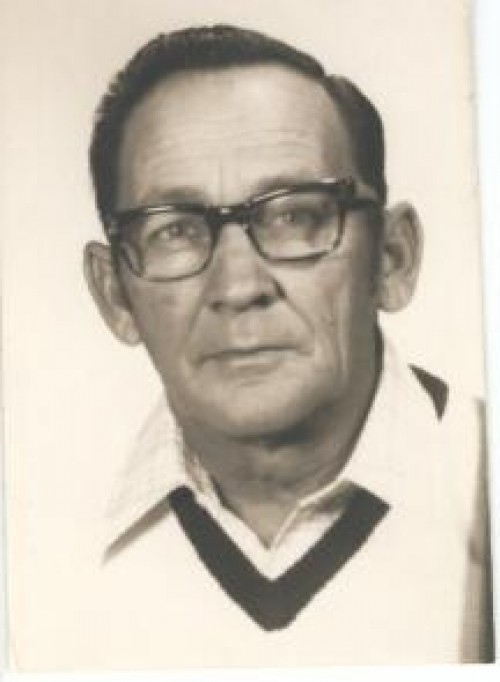November Theatre
November 5, 2007
Daniel Rodrigue, Sr.
November 7, 2007Voters had an opportunity once again to send a message to state government on Oct. 20, and they did. The message is thematic in part and demographic as well. The following is one viewpoint of what the recent election told us about political trends in Louisiana:
• New Orleans is no longer the center of the political universe in Louisiana.
The demographic political center is shifting more toward the north and west, turning the Big Easy into a sideshow – not a headliner – in statewide elections. Bobby Jindal got 76,591 votes in Jefferson Parish on election night. Only 75,882 were cast in Orleans Parish for all of the candidates combined (and Jindal received 26,278 of those votes).
The days of left-of-center Democrats rolling up a 100,000-vote cushion in New Orleans and using it to offset lower numbers from the rest of the state are over.
• The Oct. 20 election confirmed the emergence of a new geopolitical axis in Louisiana, rising from coastal Jefferson Parish into St. Tammany and Tangipahoa parishes, and from the Mississippi state line along the Interstate 10/Interstate 12 corridor back to Lafayette.
For Democrats to win statewide, they can’t be held to the low 40 percent range in that region. To climb above the 45 percent range, they can’t run to the left of center. But if they don’t, they risk losing a big part of their base.
• For 20 years, Foster Campbell has fought for a statewide referendum on his multi-billion dollar oil and gas processing tax. It was the singular theme he pushed in the recent election. Every major newspaper in the state covered his message of raising a $5.5 billion tax on oil and gas. In every debate, he pounded away on this theme.
Campbell got his referendum and received 12 percent of the vote. Too many voters saw through his demagoguery and knew Louisiana couldn’t impose that tax on foreign governments as he claimed.
Those same voters also confirmed that it is fiscal folly to make state government that dependent on one volatile revenue source.
• The low voter turnout was due in part to low interest in the election.
When Gov. Kathleen Blanco withdrew from the race, a lot of the energy left with her. Those whose primary reason for voting was to see a change in the Governor’s Mansion got that without having to vote – and many didn’t.
But there were other factors influencing the low turnout.
There are obviously many voters still on the rolls who are no longer living in Louisiana, especially from Orleans Parish. Additionally, the “Motor Voter” law over the years has added more non-voters to the rolls, because it was convenient to sign up when getting a driver’s license.
“Motor Voter” may have swelled the rolls, but it probably didn’t convert that many more non-voters into participants. We now have an exaggerated level of non-participating registered voters that leads to a lower percentage of voter turnout in elections.
• A majority of those who did go to the polls voted for change.
Bobby Jindal has the best opportunity of any governor in modern political history to make some fundamental changes in Louisiana’s state government. The voters are expecting fresh faces and new ideas from his government, and he should give it to them.
That will mean going far beyond passing a new set of ethics laws; it also means revamping how tax dollars are spent, creating more transparency in every aspect of state government, and purging the bureaucracy of incompetence and inefficiency.
That will be a war.
He will need to be a warrior – and he will need the public behind him.








